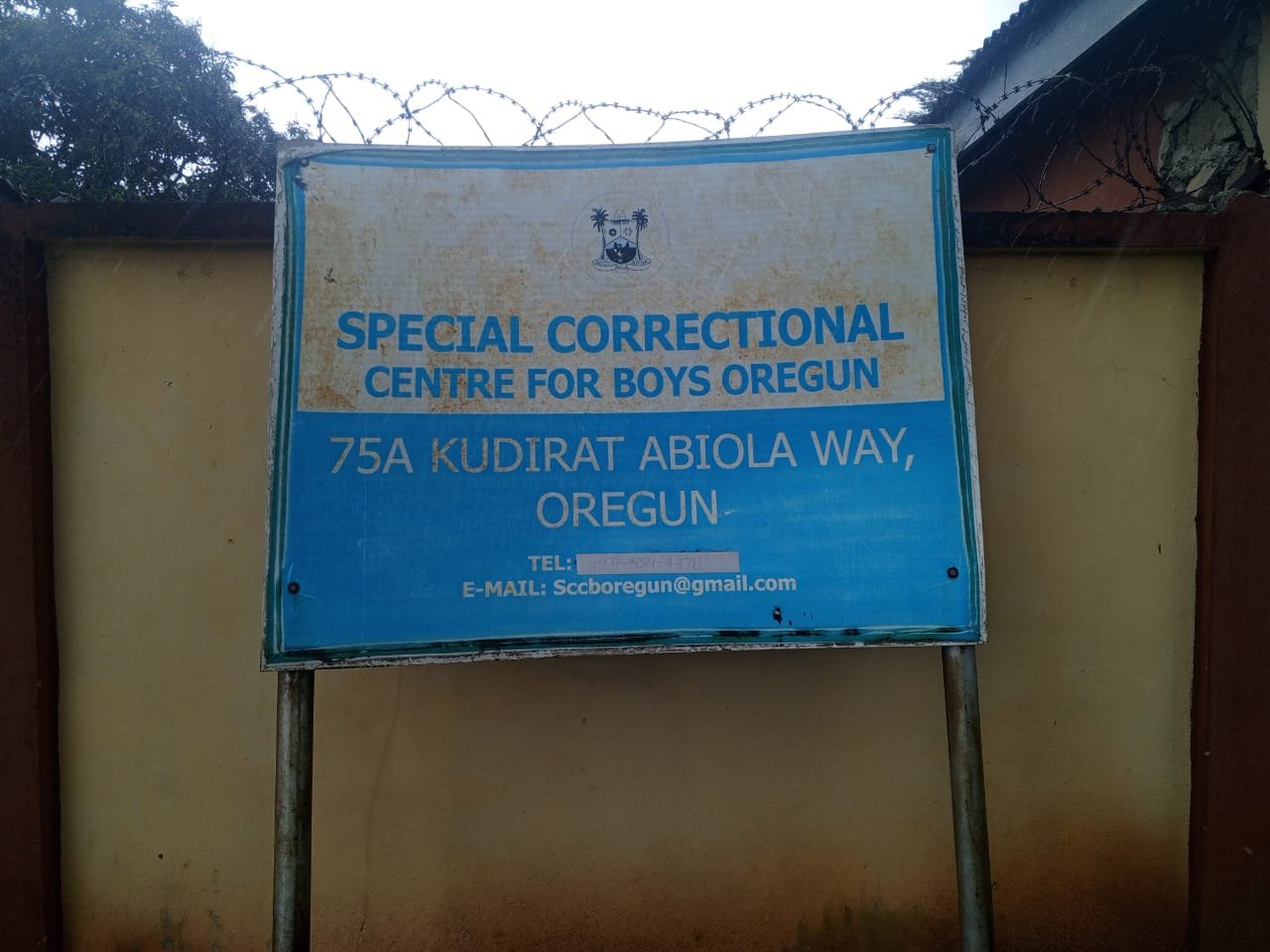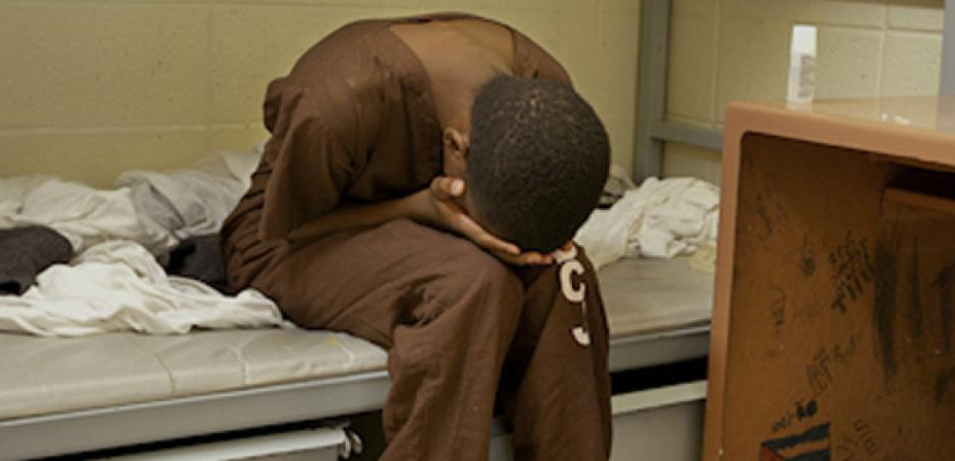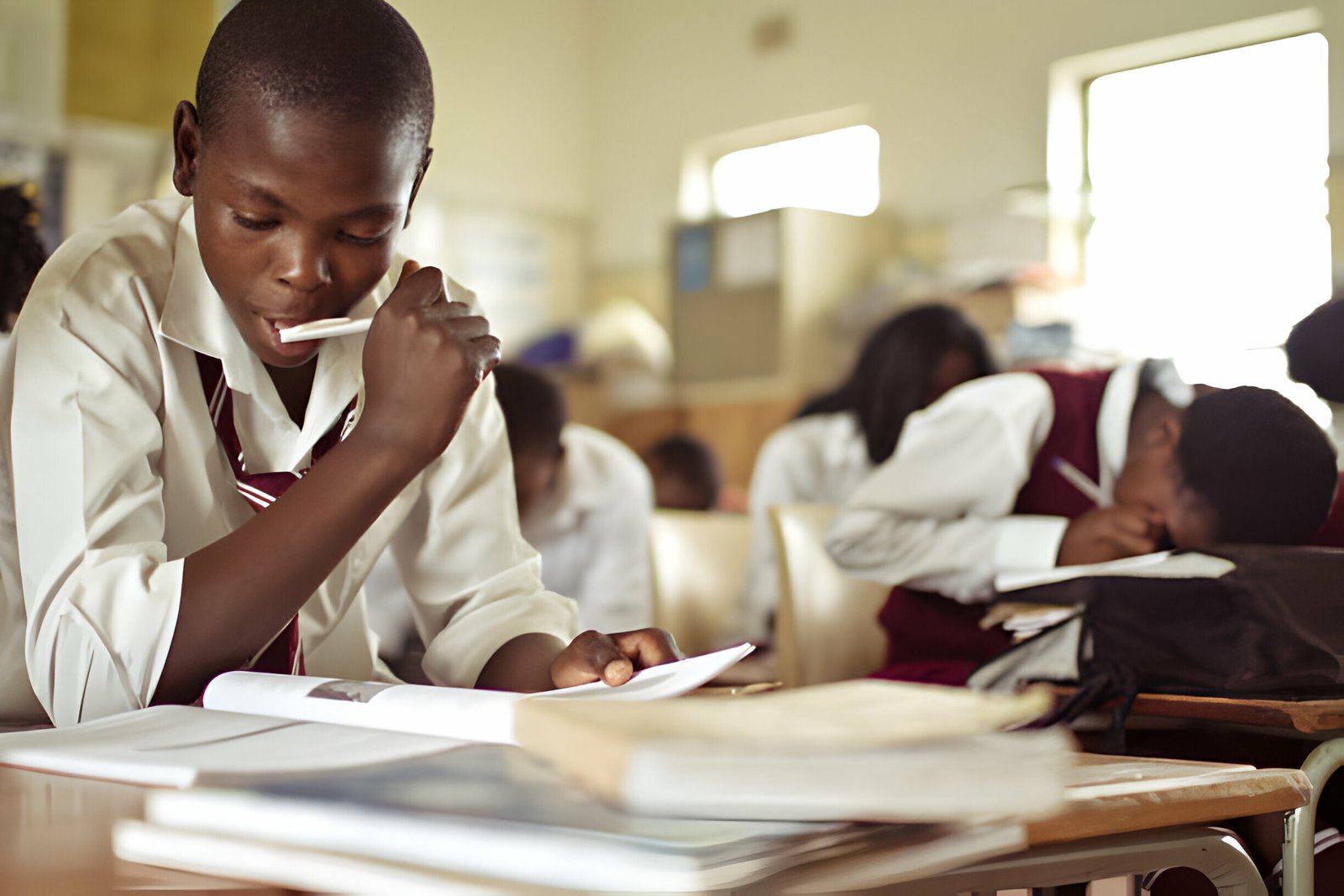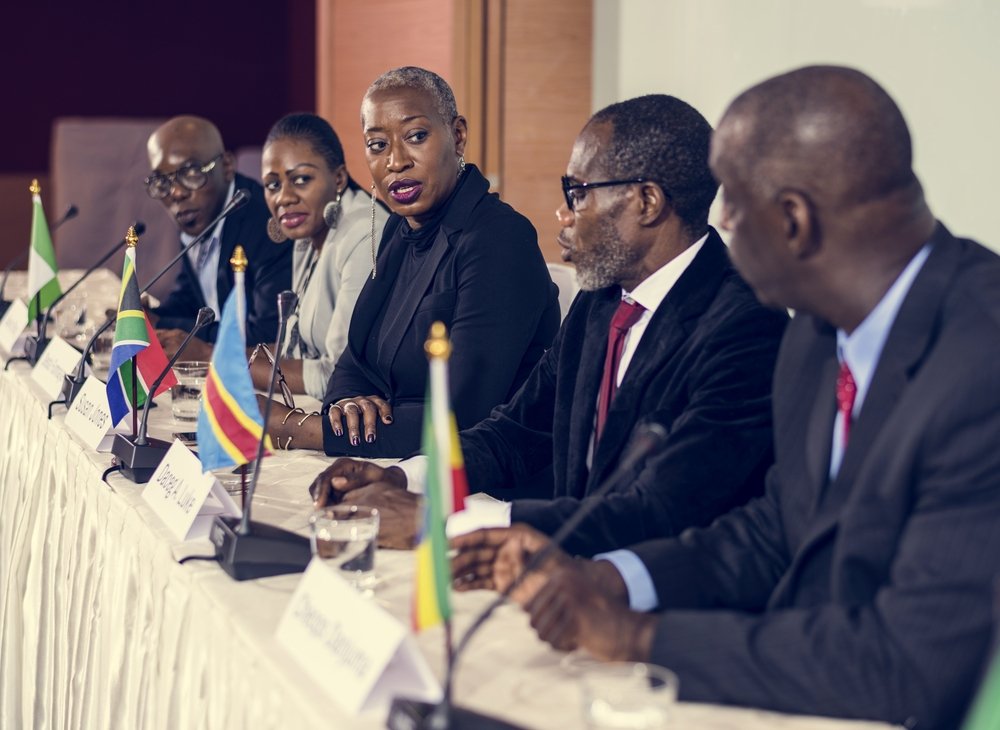When we talk about gender inequalities and the struggles faced by children, the focus often tends to be on girls and the challenges they encounter. However, it is equally important to shed light on the specific hurdles faced by African boys. By understanding these issues, we can work towards creating a more equitable society and a brighter future for the boy child.
Societal Challenges
African boys face a range of societal challenges that hinder their growth and development. One such challenge is the pressure to conform to traditional gender roles and expectations. From a young age, boys are often taught to be strong, independent, and to suppress their emotions. This can have a detrimental impact on their mental health and emotional well-being.
Additionally, boys in many African societies are expected to be the primary breadwinners and providers for their families. This places a heavy burden on them, often forcing them to drop out of school at an early age in order to start working. Consequently, they miss out on educational opportunities and are more likely to be trapped in a cycle of poverty.
Educational Challenges
Access to quality education is another significant challenge faced by African boys. Many communities lack proper infrastructure, including schools and educational resources, making it difficult for boys to receive a well-rounded education. This lack of access to education not only hinders their personal growth but also limits their future prospects and opportunities.
Furthermore, cultural biases and stereotypes often discourage boys from pursuing certain fields of study. STEM (Science, Technology, Engineering, and Mathematics) subjects, for example, are often seen as more suitable for girls. This gender bias limits the career choices available to boys and perpetuates gender inequalities in the workforce.
Emotional Challenges
Boys in African societies often face challenges when it comes to expressing their emotions and seeking help. The societal expectation for boys to be strong and independent can make it difficult for them to ask for support when they are struggling. This can lead to feelings of isolation, loneliness, and mental health issues.
Moreover, the lack of awareness and resources for mental health support further exacerbates the emotional challenges faced by African boys. There is a need for increased efforts to provide boys with a safe and supportive environment where they can openly discuss their emotions and seek help when needed.
Addressing the Challenges
In order to address the challenges faced by African boys, it is crucial to promote gender equality and challenge traditional gender norms. This includes providing boys with the opportunity to express their emotions, encouraging them to pursue their interests and passions, and supporting their educational aspirations.
Efforts should also be made to improve access to quality education for all children, regardless of gender. This includes investing in infrastructure, providing scholarships and financial assistance, and promoting inclusive and gender-responsive teaching practices.
Furthermore, creating awareness about mental health and providing accessible mental health support services is essential in addressing the emotional challenges faced by African boys. This can be achieved through community outreach programs, school-based interventions, and the training of teachers and caregivers to recognize and address mental health issues.
Conclusion
By understanding and addressing the challenges faced by African boys, we can create a more inclusive and equitable society. It is important to recognize that the struggles faced by boys are just as valid and deserving of attention as those faced by girls. Together, we can work towards a brighter future for the boy child, where they can thrive and reach their full potential.






